Azure MS SQL is a cloud-based database management system offered by Microsoft. It enables businesses to manage, analyze, and scale data for applications of different sizes. This service is known for its versatility and security. It is also a robust tool within the realm of marketing analytics, where it supports businesses in gathering actionable insights for improving search engine ranking reports and SEO performance.
Is Azure MS SQL the right database tool for your business? Let’s compare its discrete vs continuous data handling, examine how it aids in managing complex data landscapes, and explore its features, including support, data transfer, reporting, and pricing.
Azure MS SQL Functionality
Azure MS SQL offers a robust set of tools that works with several forms of media. So, you do not have problems when handling continuous vs discrete data and can apply flexible data collection methods. Core features include:
- Scalability: Automatically adjusts resources to meet performance demands during peak periods.
- Secure Data Collection: Supports secure and efficient data collection across different types of media and formats.
- Microsoft Ecosystem Integration: Connects seamlessly with Power BI, Dynamics 365, and Excel. You can use it as a marketing analytics tool in conjunction with the BI platforms.
- Data Analysis and Reporting: AI-powered analytical intelligence enables predictive SEO analytics for deeper insights.
- Backup and Disaster Recovery: Automatic backups and recovery options minimize data loss, crucial for businesses managing any type of data.
Azure MS SQL Data Transfer
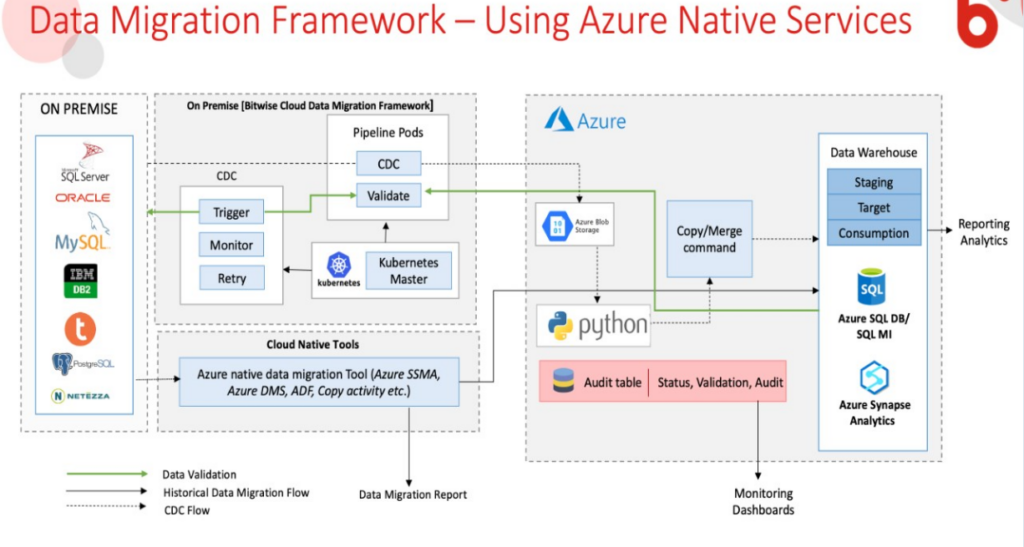
Azure MS SQL simplifies data transfer with features such as real-time synchronization. A test of the service on discrete vs continuous showed that it works with any type of data. On the other hand, Azure Data Factory allows you to automate workflows. You can connect the platform with your data collection methods and monitor them with ease.
The drag-and-drop interface in Data Factory supports batch transfers. It handles complex continuous and discrete data transformations. You can also set up a data collection form online and automate data transfers to Azure SQL. This minimizes errors and omissions. You can also streamline bulk transfers between systems and databases to manage various forms of media seamlessly.
Azure MS SQL Reporting
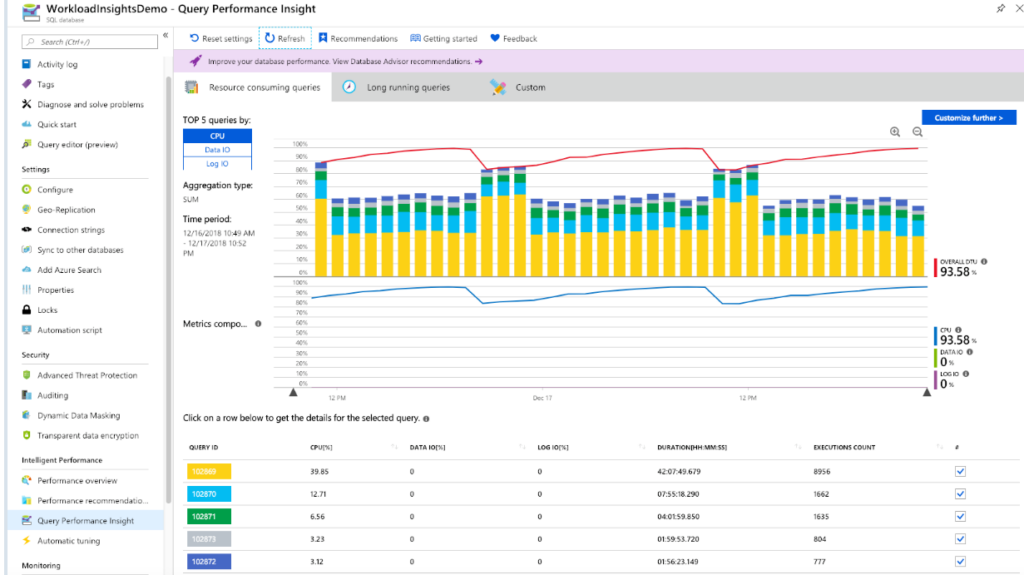
Azure MS SQL integrates with Power BI and SQL Server Reporting Services (SSRS) to provide detailed reporting tools for effective analytical intelligence and SEO analytics. You can design paginated reports with SSRS, while Power BI allows for dynamic dashboards for any reports, including marketing, social media, and search engine ranking reports. You can pick up valuable information on the go with no discrepancies in continuous vs discrete data or when evaluating your social media handle.
Azure MS SQL Customer Support
Azure MS SQL has several customer support channels for free and premium tiers. There are premium support options for developers, business-critical services, production, and technology. Support options include:
- X:Tweet support directly on the social media handle.
- Live chat on the platform.
- Support request: You can create a support request on the Azure platform, and you will get assistance.
- Phone Support: Priority support lines for enterprise customers.
- Community Forums: peer-to-peer support and expert advice on everything, including queries related to continuous vs discrete data.
- Documentation & Tutorials: Resources detailing platform features, Azure products, and data transfer, among others.
User reviews consistently praise the team’s analytical intelligence and technical expertise in handling customer inquiries, particularly for complex data-related issues like the difference between discrete and continuous dataflow setups.
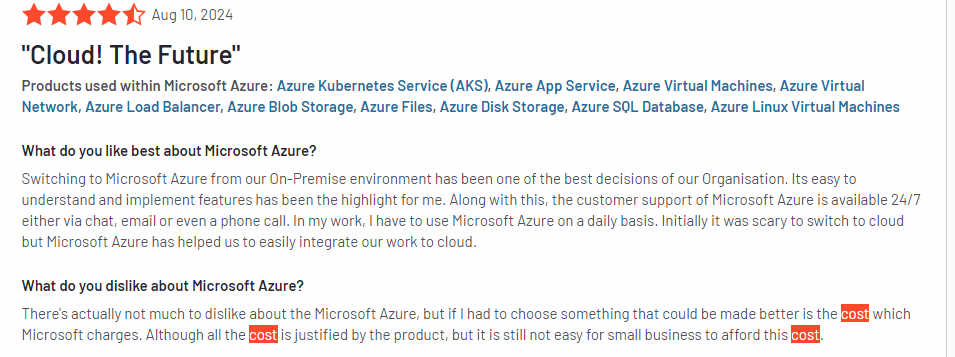
The customer alludes to the fact that Azure MS SQL has customer service around the clock via live chat, phone, and email. He also says that the team was helpful in his onboarding. We attest to the fact that the team is available around the clock and helpful to users.
Azure MS SQL Price Breakdown
Azure MS SQL offers pricing plans for different data usage and storage needs, from individual users to large enterprises. Businesses can select subscription models based on their usage, with options that align with budget and scale. The pricing structure allows organizations to match cost to their data demands, whether managing discrete data or implementing data collection methods to support marketing strategies.
Below, we discuss the trial offering and describe subscription packages available to help potential users choose a plan that aligns with their data management requirements.
Azure MS SQL Free Trial
Azure MS SQL provides a 30-day free trial with $200 in credits so that you have enough time to test its features. This trial includes basic data transfer, analytics, and data storage, all of which make it ideal for experimenting with data collection forms and reporting tools.
While the trial does not cover enterprise-level services, it offers a great introduction to core functionalities like search engine ranking reports and data collection methods. Remember, you can try many other Azure services for free and use them with the free trial. For example, you get 100,000 vCore seconds of compute credit every month using Azure SQL Database preview.
Azure MS SQL Price Packages
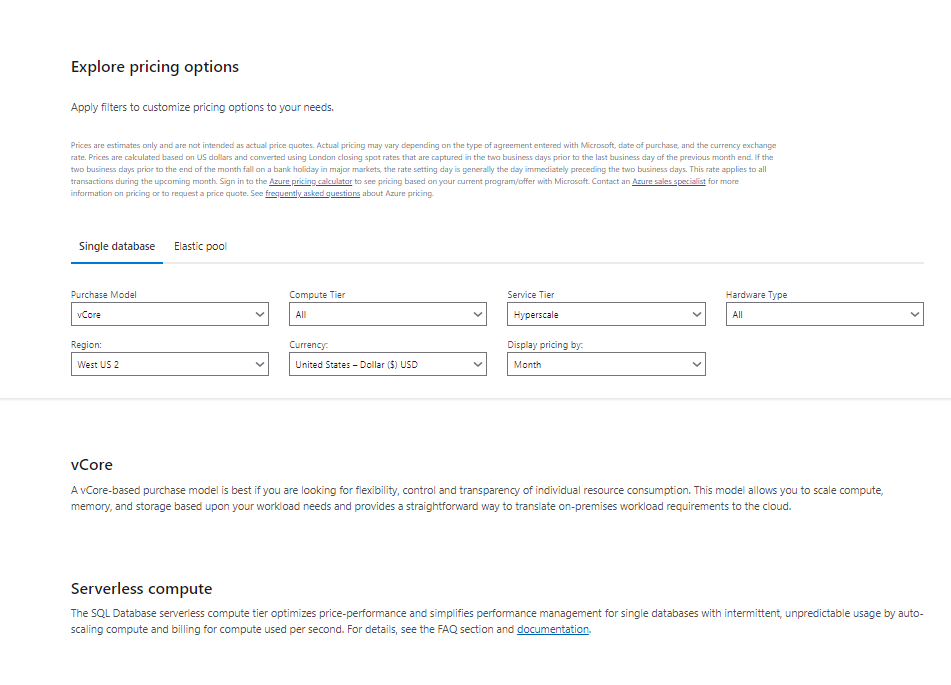
Azure often uses a flexible pricing model based on specific usage and customization needs (such as DTUs—Database Transaction Units or vCores). Here is a general breakdown of the available options for which you can get a tailored offer.
Generalized Pricing Description
Azure MS SQL pricing varies based on compute power, storage size, and backup redundancy options. This flexibility allows businesses to choose configurations that align with their workload and budget.
Two Common Pricing Models for Azure SQL
- DTU (Database Transaction Unit) Model: This is a simple, bundled model combining compute, storage, and backup in one cost-effective plan, suitable for smaller applications with predictable workloads.
- vCore Model: This is a customizable option for businesses needing precise control. You can select the number of virtual cores, memory, and storage to meet specific performance requirements.
Azure Pricing Calculator
To give users an accurate estimate, Azure provides a pricing calculator, where configurations can be tailored to individual needs based on storage, compute, and redundancy levels. This option is ideal for many small and large businesses that may need a finite number of resources.
Microsoft also bundles Azure SQL with other Azure services through options like Enterprise Agreements, Reserved Instances, Azure Hybrid Benefits, and Dev/Test pricing. This lowers the cost of MS SQL as these plans provide discounts, long-term pricing options, and hybrid benefits for seamless integration with existing on-premises licenses.
Azure MS SQL Customer Reviews
Most of the online reviews about Azure MS SQL are positive. They like the availability of various features, security, and availability. Here are some of the customer reviews.
Customer 1 on G2
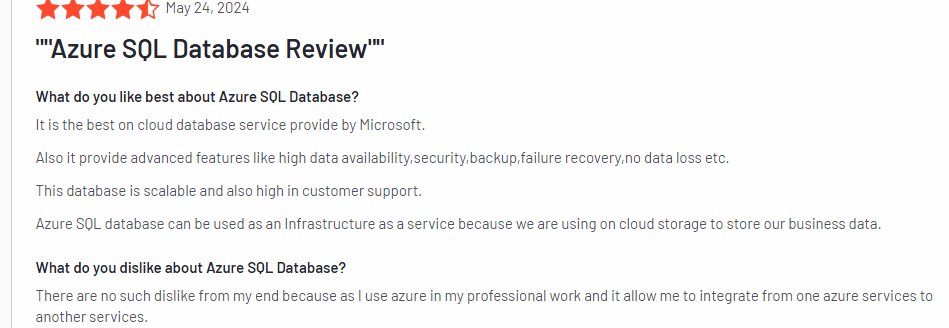
This customer lists down the main features of the Azure SQL, including quality customer support, high availability, and security. We can confirm that these are indeed the features it offers to its users.
Customer 2 on G2
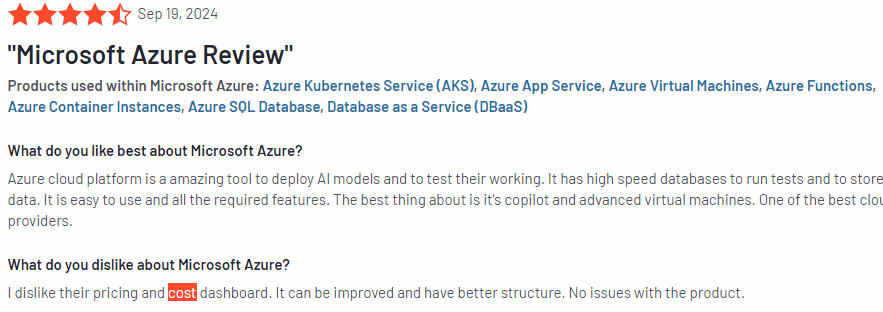
Despite offering high-speed databases and being easy to use, its cost dashboard is hard to understand, according to the user. We also noticed that coming up with the exact figure is quite challenging, even when using the onboard calculator.
Azure MS SQL Pros and Cons
| Pros | Cons |
| Scalability: Adjusts resources as data grows, which makes it cost-effective. | Cost: Large databases can incur high expenses. |
| Data Security: Multi-layer security protects data collection forms and stored information. You can also set your user access rules. | Learning Curve: Quite complex for new users to navigate despite having detailed documentation and other support options |
| Integration: Works seamlessly with Power BI for quick and accurate data analytics. | Customizability: Limited flexibility in lower pricing options. |
| Support for different types of data: Supports different types of media reporting. | Performance Drops: Performance may slow under heavy traffic, especially for lower tiers. |
Verdict
Azure MS SQL is a well-rounded solution for companies focused on analytical intelligence and data-driven growth. Its integration with Microsoft products, advanced data security, and flexibility in handling quantitive discrete vs continuous data makes it ideal for any business that requires a reliable, scalable data infrastructure. Additionally, it has robust data security features to keep any type of data away from unauthorized access.
Despite having a steep learning curve, its support, functionality, and adaptability offer great value, particularly for organizations needing SEO analytics and search engine ranking reports. Overall, it’s a reliable platform for managing data collection methods and diverse data forms.
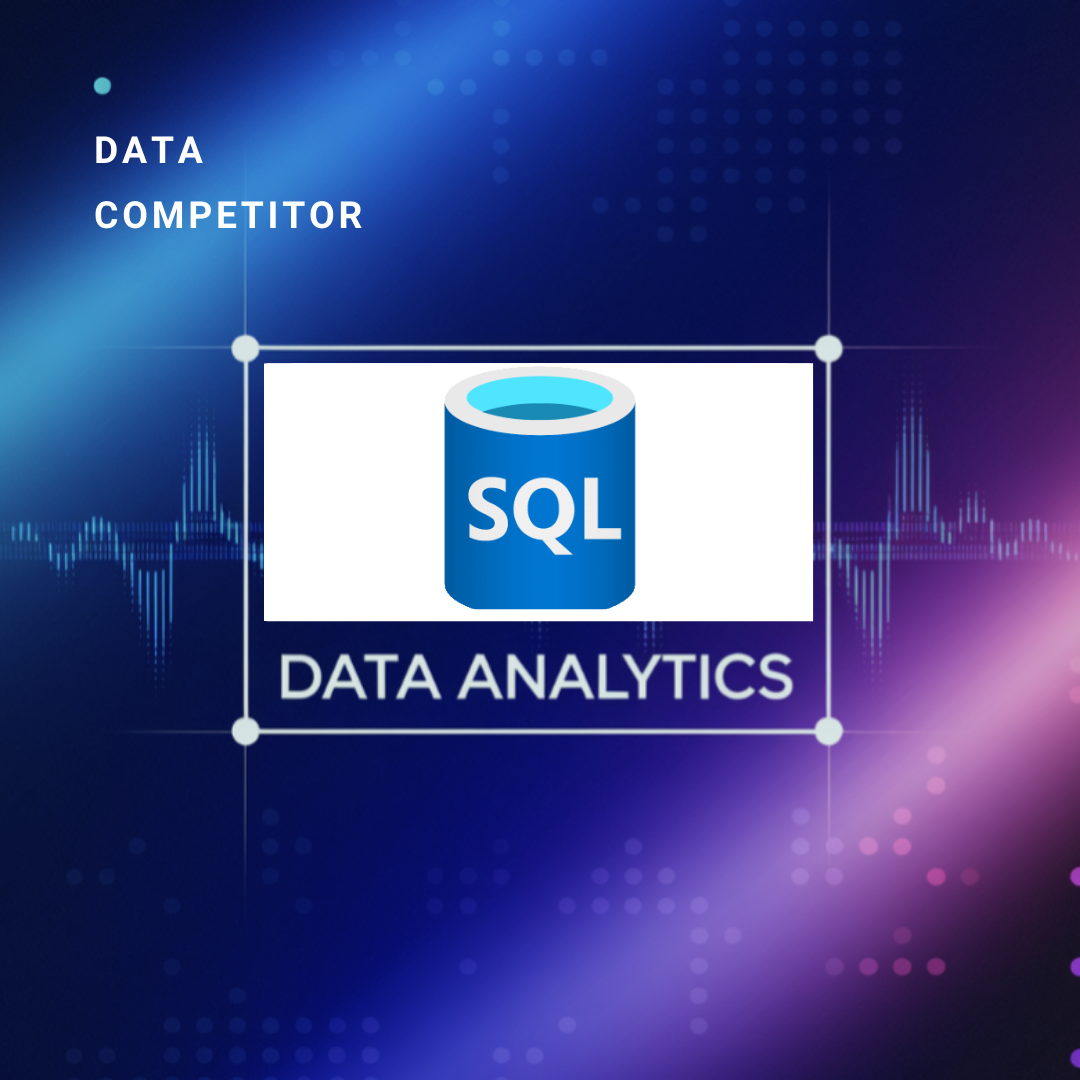




Leave a Reply